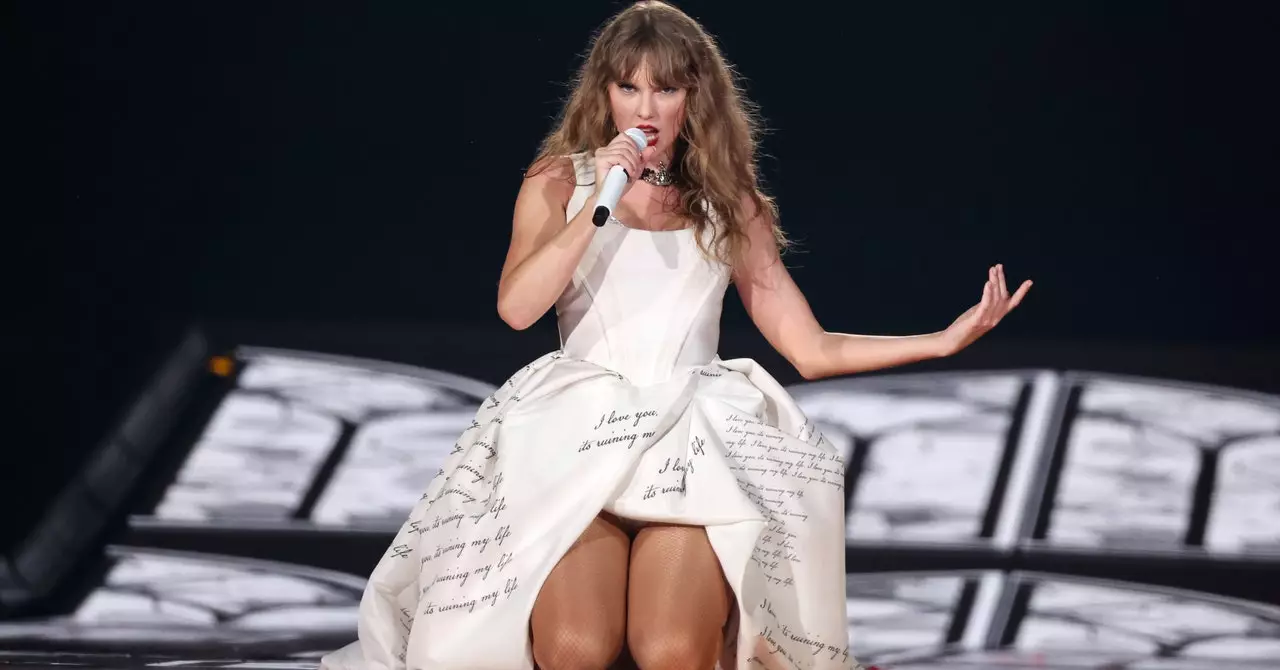The recent upheaval surrounding the ticketing industry reached new heights with a hearing in the United States Senate dedicated to the issues of consolidation and competition in this lucrative market. Ticketmaster, a subsidiary of Live Nation, has found itself at the center of a storm, primarily triggered by fan frustrations and allegations of monopolistic practices. The Senate hearing highlights the growing recognition of the problems consumers face when attempting to secure tickets for live events, particularly amidst accusations that Ticketmaster is stifling competition.
In May, the U.S. Department of Justice (DOJ) took the bold step of filing an antitrust lawsuit against Ticketmaster and Live Nation. This move signals a significant government intervention aimed at dismantling what many view as an abusive monopoly. Critics of the ticketing giant argue that it has exploited its position, leading to inflated ticket prices, exorbitant service fees, and limited accessibility for everyday fans. Live Nation, however, has strongly contested these claims, arguing that the lawsuit overlooks the complexities of the live entertainment economy, where a significant portion of service fees is allocated to the venues themselves. While these rebuttals aim to portray the company in a favorable light, the broader implications of the lawsuit on consumer sentiment remain a crucial point of consideration.
The Legal Battle: Fan-Led Lawsuits Against Ticketmaster
The controversy surrounding Ticketmaster is further exacerbated by legal challenges brought forth by the fans, specifically in the wake of a widely publicized pre-sale debacle involving superstar Taylor Swift. The class-action lawsuit alleges multiple infractions, including breach of contract, fraud, and antitrust violations. At the core of the complaint lies an assertion that Ticketmaster failed to adhere to its commitments regarding ticket availability during the pre-sale phase.
Moreover, the lawsuit paints a picture of a ticketing landscape dominated by oppressive practices that limit fan choices and inflate prices. According to the allegations, Ticketmaster’s exclusive contracts with major venues create an environment where prices are manipulated, and consumers are compelled to utilize its platform for both primary and resale ticket purchasing. Such practices not only limit competition but also directly impact the affordability of attending live events. The assertions in the lawsuit emphasize a disturbing trend where consumers are forced to bear the brunt of corporate strategies designed to maximize profits at the expense of fan experience.
Expanding the Scope: Inclusion of Broader Violations
The ongoing legal proceedings have taken an interesting turn with the emergence of a new lawsuit similar to the previous federal case but now encompassing fans of other artists. By broadening the scope, plaintiffs aim to underscore that Ticketmaster’s perceived monopoly is not an isolated incident but rather a systemic issue affecting a wider range of music lovers. This expansion brings to light the potential for collective action among fans, transcending individual artist followings, and uniting them against what they perceive as monopolistic practices in ticket sales.
Adding further complexity to the litigation is the introduction of potential RICO (Racketeer Influenced and Corrupt Organizations Act) violations, which could characterize the ticketing operations as a coordinated effort to stifle competition through unlawful practices. Such an allegation not only heightens the stakes for Ticketmaster and Live Nation but also reinforces the notion that the current system necessitates significant reforms aimed at enhancing consumer protection and fostering a competitive marketplace.
The ticketing saga unfolding in the U.S. illustrates the intersection of consumer rights, corporate strategy, and legal accountability in a rapidly evolving industry. With government bodies and fan-driven movements pushing back against alleged monopolistic behaviors, the future of ticket sales could hinge on the outcomes of these pivotal legal battles, determining whether fans can regain a semblance of fairness in the live entertainment landscape.

